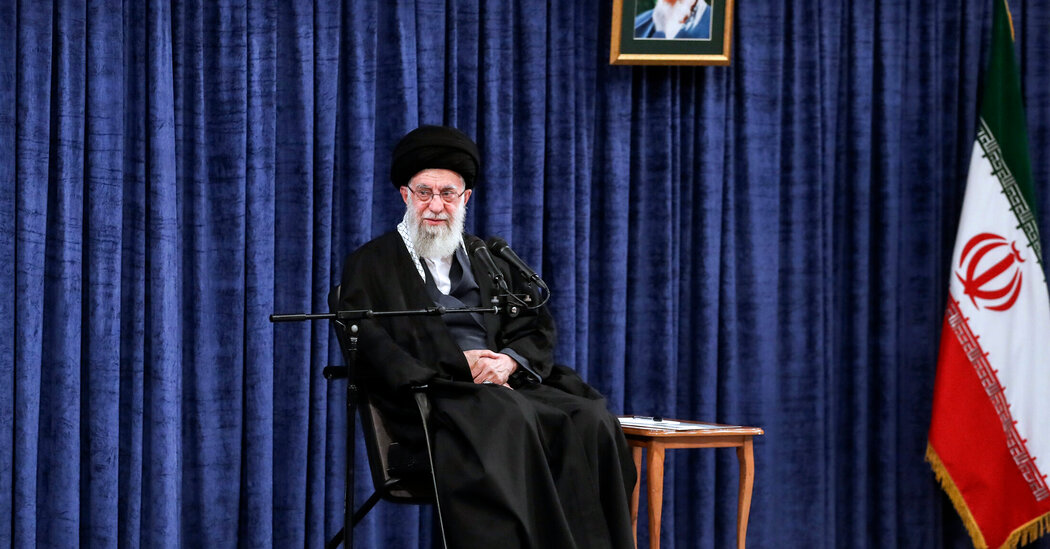Iran is expected to mount an attack soon on Israel, but not on the United States or its military forces, when Tehran retaliates for an Israeli bombing in Damascus, Syria, that killed several senior Iranian commanders, U.S. and Iranian officials said on Friday.
American intelligence analysts and officials think Iran will strike multiple targets inside Israel within the next few days, three U.S. officials said, speaking on anonymity to talk about sensitive matters they were not authorized to discuss publicly. Officials did not indicate what form the attack would take, what kinds of targets would be involved and the precise timing — information that is very closely guarded among senior Iranians.
The United States, Israel’s pre-eminent ally, has military forces in several places across the Middle East, but Iran likely will not target them to avoid inciting a direct conflict with the United States, according to Iranian officials, who similarly insisted on remaining anonymous, and the American officials.
In the first months of the war between Israel and Hamas, Iran-backed militias regularly attacked U.S. troops in Iraq, Syria and Jordan. But after a drone strike killed three Americans in Jordan in January, and the United States launched retaliatory strikes, Iran stopped the attacks by its proxies, fearing a more powerful U.S. response. Despite the clashes and hostile rhetoric, both Iranian and U.S. leaders have made it clear they want to avoid all-out war.
Iran has publicly and repeatedly vowed revenge for the April 1 strike on its embassy complex in Damascus that killed three generals and four other officers of its elite Quds Force, the foreign military and intelligence arm of the Islamic Revolutionary Guards Corps. But analysts say Iranian leaders want to calibrate their response so it is big enough to impress, at home and abroad, that Iran is not impotent in the face of conflict, but not so big that it spirals into a full-fledged war with Israel or draws an American attack.
How Israel would respond to an Iranian attack on its soil is unclear. The Israeli military “continues to monitor closely what is happening in Iran and different arenas,” Herzi Halevi, chief of the Israeli general staff, said in a statement on Friday. He added, “Our forces are prepared and ready at all times and for any scenario.”
A strategist for the Revolutionary Guards, one of the Iranian officials who spoke anonymously, said Iran wants to take advantage of the widening rift between Prime Minister Benjamin Netanyahu of Israel and President Biden over Israel’s conduct of the war against Hamas — and not unite them in hostility to Iran.
The Biden administration has not only criticized the level of death and destruction wrought by Israeli forces in the Gaza Strip, it has also voiced fears that increased clashes across Israel’s northern borders, primarily with Iranian proxies like Hezbollah, could escalate into a broader regional war.
Iran believes it can generate international support for a retaliatory strike by focusing attention on the attack against its embassy complex, a rare breach of the norms of war, and arguing that it was merely defending itself, the Iranian officials said.
International law generally treats embassies and consulates as being exempt from attack. But Israeli officials have argued that the building they destroyed was diplomatic only in name, and was used as a Revolutionary Guards base, as evidenced by the high-level commanders who were meeting there when they were killed.
Richard Pérez-Peña contributed reporting.


